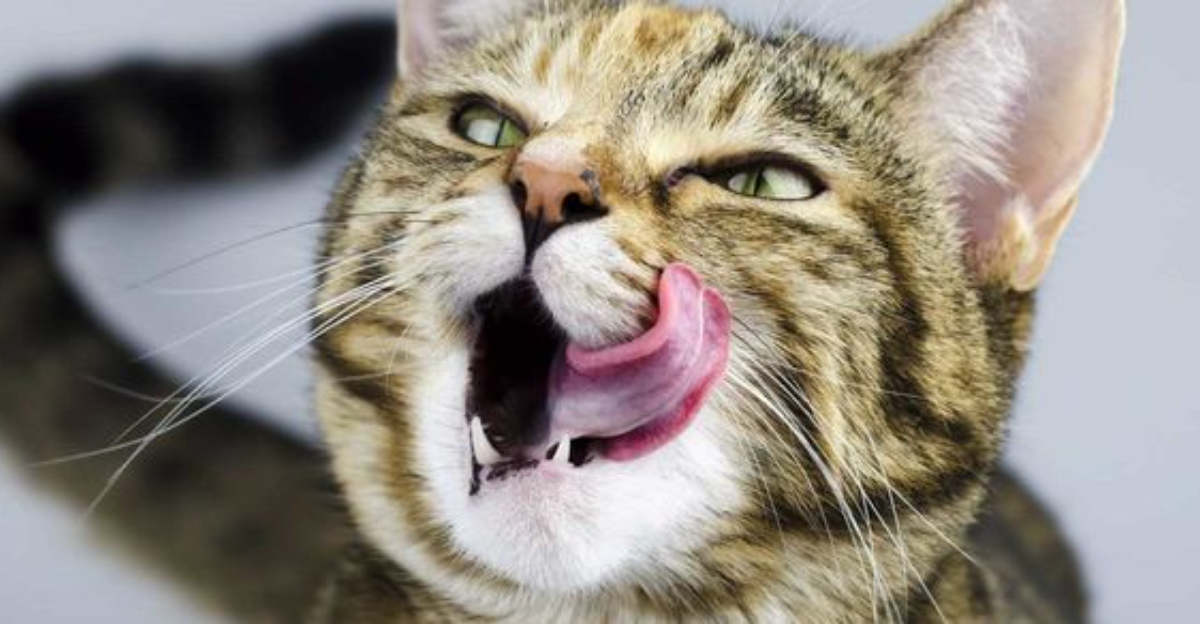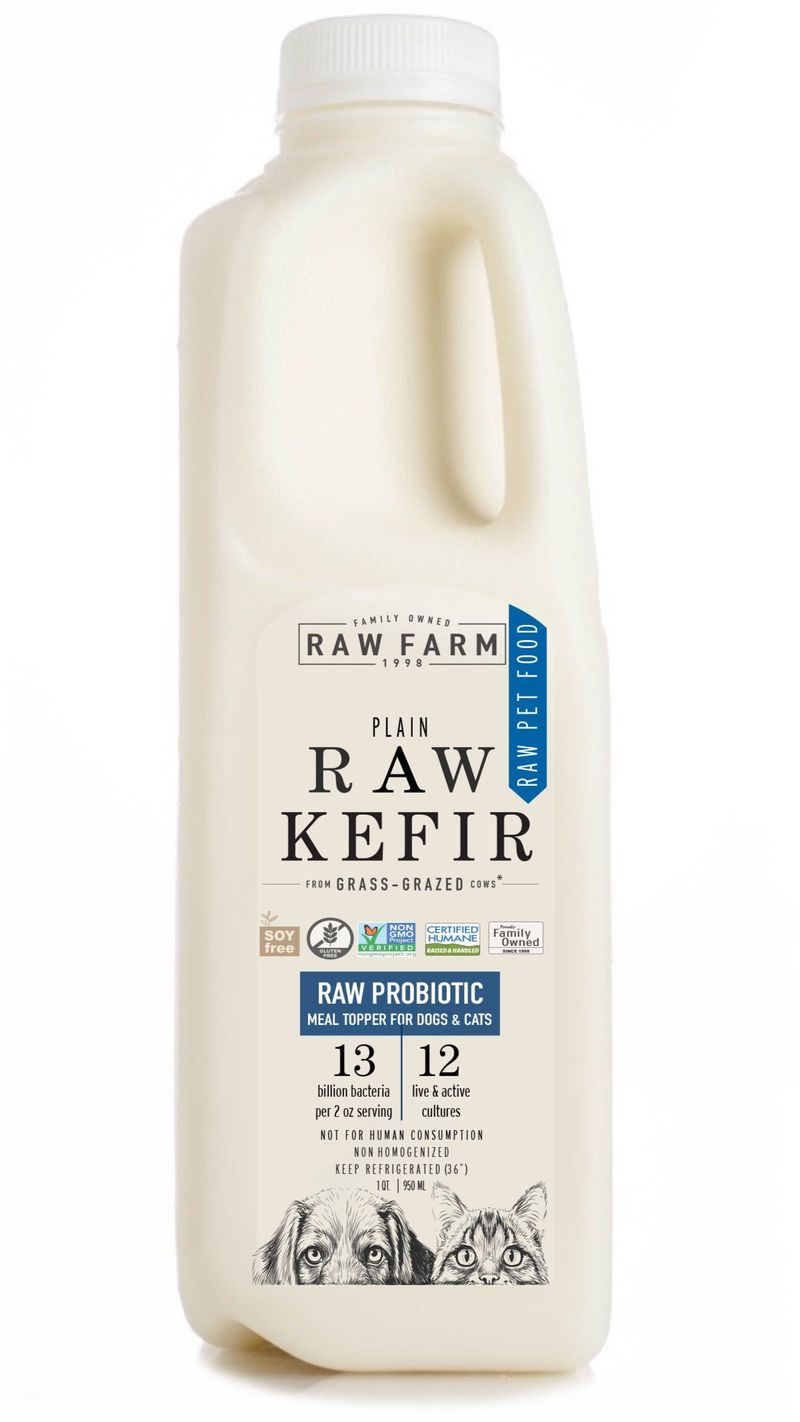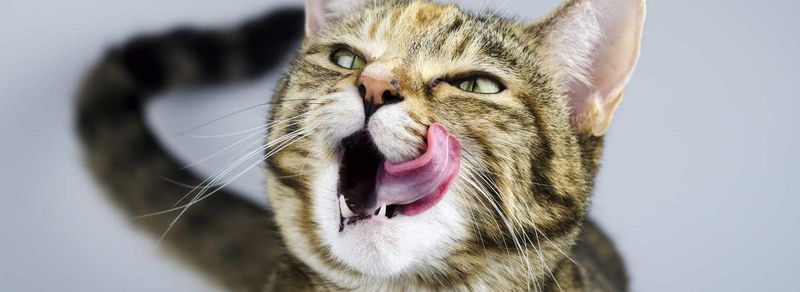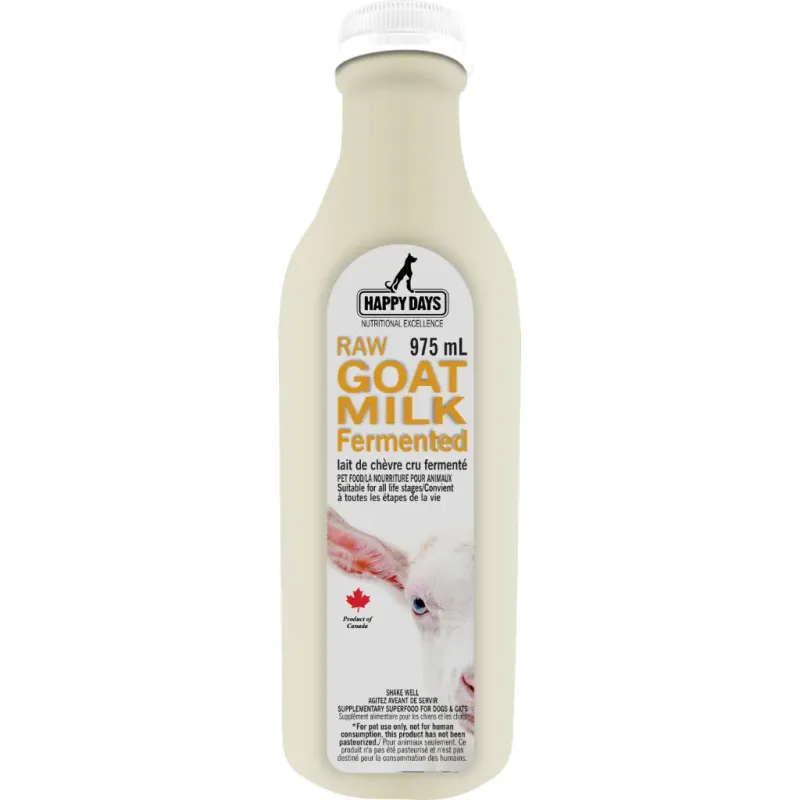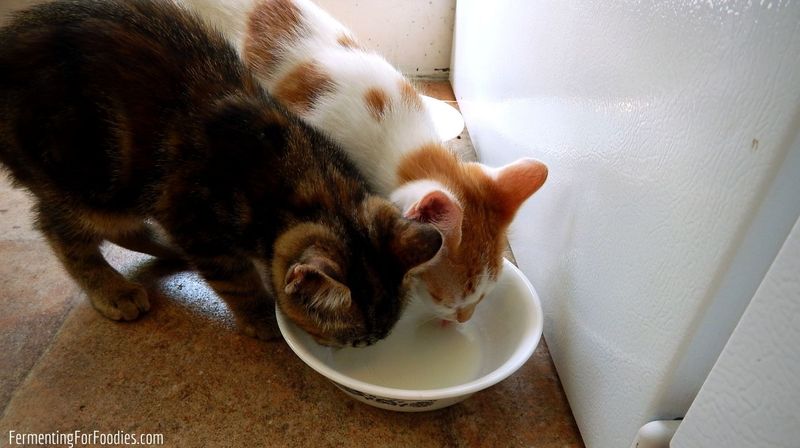📖 Table of Content:
Fermented foods have become increasingly popular among health-conscious humans—but did you know some of them can benefit your cat too? While felines have very different digestive systems than ours, a few fermented items can provide gentle digestive support, probiotics, and even a little variety in their diets. However, caution is crucial—cats are obligate carnivores with sensitive stomachs and low tolerance for certain ingredients commonly found in human food.
Fermented products contain live beneficial bacteria that can support gut health, reduce inflammation, and improve nutrient absorption. For cats, these effects can translate into better digestion, less bloating, improved immune responses, and smoother litter box habits. Still, not every fermented item is created equal when it comes to feline safety. Items high in salt, sugar, or spices can do more harm than good. That’s why it’s essential to focus only on the cat-friendly choices and serve them in small, infrequent portions.
In this guide, you’ll discover eight fermented foods that are considered safe for cats when given correctly. Each entry includes a breakdown of health benefits, potential risks, serving ideas, and tips for keeping your cat safe and happy while trying something new. Think of these as occasional digestive boosts—not as daily meals or treats.
1. Kefir (Plain, Unsweetened)
Often described as a drinkable yogurt, kefir is a fermented milk beverage that contains an impressive spectrum of probiotics and yeasts. For cats, a small amount of kefir may help balance gut flora and ease minor digestive issues. This is especially helpful after a round of antibiotics or when transitioning between foods. Despite being a dairy product, kefir is typically lower in lactose, making it easier for many cats to tolerate than regular milk. It’s essential, though, to use only unsweetened, unflavored versions—anything with sugar or fruit additives can upset your cat’s stomach. Start with a few drops and work up to a teaspoon if tolerated. Never use flavored or store-bought varieties aimed at humans without checking the ingredients thoroughly.
2. Plain Yogurt (Unsweetened, Unflavored)
Creamy and probiotic-rich, plain yogurt is another popular fermented food that can be a small digestive aid for cats. While most adult felines are lactose intolerant, the culturing process in yogurt significantly reduces its lactose content. When offered in tiny amounts, it may soothe an upset stomach or encourage beneficial bacteria to flourish in the gut. It’s critical to select varieties with no added sugar, vanilla, or fruit, as these can be harmful. Look for labels that clearly state “live and active cultures” to ensure it’s doing your cat some good. A fingertip’s worth is plenty—more than that may lead to tummy trouble. As always, monitor for any reactions like gas, diarrhea, or disinterest.
3. Fermented Fish Sauce (Very Sparingly)
Derived from aged and fermented fish, this umami-packed condiment might sound unusual—but in minuscule amounts, it can be an enticing topper for picky cats. Its intense flavor often stimulates a feline’s appetite, especially when they’re recovering from illness or stress. The caveat here is its sodium content—most commercial fish sauces are too salty for pets. Only use artisanal, low-sodium versions made with just fish and salt, and even then, just a drop or two per serving. Never use sauces with garlic, onions, or added preservatives. Consider it more of an aroma-enhancer than a nutritional supplement. Use only occasionally and never daily.
4. Sauerkraut Juice (Unflavored, Raw)
Unlikely as it seems, the juice from raw, unpasteurized sauerkraut can offer your cat a probiotic punch—without feeding them cabbage leaves. This briny liquid contains lactic acid bacteria that may support healthy digestion and reduce minor bloating. However, the fiber content of sauerkraut itself is too much for cats, so stick to the juice only. Always check that the kraut is raw and does not contain garlic, onions, or spices. Even one teaspoon is enough to observe effects—less may be better. You can drizzle it over a meal or serve it with a dropper as an experiment. Avoid giving it to cats with sodium-sensitive conditions unless advised by a vet.
5. Tempeh (Plain, Cooked)
Made from fermented soybeans, tempeh is packed with protein and is generally easier to digest than tofu thanks to the fermentation process. While cats don’t need soy in their diet, tiny pieces of plain, unseasoned tempeh can offer a clean, hypoallergenic protein source and gut flora benefits. You must steam or lightly cook the tempeh to make it soft and easier to digest. Never serve seasoned, marinated, or salt-laden versions—those are meant for humans only. A few pea-sized chunks once in a while may work as an experimental snack. This is best reserved for cats with no soy sensitivity, as some may be allergic. Use only as an occasional curiosity or training treat.
6. Miso Broth (Diluted, Unsalted)
More than just a savory soup base, white miso paste—when heavily diluted—can be used to make a probiotic-rich broth for your feline. Made from fermented soybeans and rice, it’s naturally packed with enzymes and beneficial microbes. Since miso is very salty, it must be used in the smallest amount and mixed with plenty of water. Only white (shiro) miso should be considered, as it’s the mildest and least salty type. You can offer it as a warm broth on cold days or pour a spoonful over dry food to boost flavor. Never use miso soup from restaurants or instant packets—these often contain onions, garlic, and flavor enhancers. This option is more about hydration and gut support than a treat.
7. Fermented Goat Milk
Used in many pet nutrition circles, fermented goat milk is considered a digestive tonic due to its bioavailable nutrients and probiotic profile. Cats tend to tolerate goat milk better than cow’s milk because of its smaller fat globules and lower lactose content. Fermented versions offer even more benefits, helping restore healthy gut bacteria and hydration. It’s ideal for senior cats, kittens with weak digestion, or pets recovering from antibiotics. Only choose raw, pet-safe options labeled for animal use—these are safer and often fortified with additional strains. A tablespoon at a time is sufficient for most adult cats. As always, observe your pet after the first few servings to ensure no adverse reactions.
8. Fermented Vegetables (Juice Only, No Onion/Garlic)
Liquid extracted from naturally fermented vegetables—like plain cabbage or carrots—can be a source of gut-friendly bacteria for cats, too. The actual vegetable matter is usually too fibrous and nutrient-poor for feline digestion, so avoid giving the solids. Instead, strain out a teaspoon or less of the brine from unsalted, raw ferments and add it sparingly to food. Make sure no onions, garlic, or chili peppers were involved in the fermentation process. This option is great for cats with sensitive digestion, offering a natural probiotic without dairy or animal products. Always store the ferment in the fridge and use a clean spoon to prevent contamination. If your cat resists, mix it with a strong-smelling wet food to ease them in.
